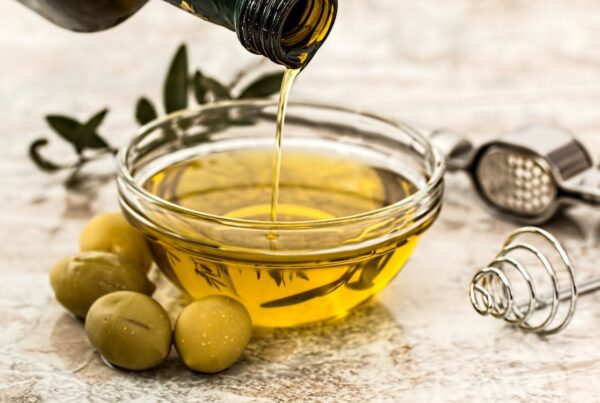Many food companies are now familiar with the term kosher, and how kosher certification adds value to products for many consumer markets. However, what is not as straightforward is a whole other level of kosher certification revolving around the Jewish holiday of Passover.
What is kosher for Passover certification and do you need it?
There is no short answer to this question. A general rule of thumb is, if you have potential consumers and clients asking if your products have kosher certification, then it’s a good idea to delve a little deeper into discovering if it’s possible. The holiday of Passover is complex, and the strict rules revolving around what foods one can and cannot eat are at the base of practicing the holiday.
Let’s try and simplify the main idea. Here are a few key things that would make a product (including those with acceptable kosher certification all year round), NOT kosher for Passover, or available to receive kosher for Passover certification.
Anything containing grain (wheat, oats, barley, spelt & rye) is going to be a deal-breaker, and will automatically deem the product not kosher for Passover. These items, when mixed with moisture are referred to as chametz.
Any product produced within the same facility containing those grains without thorough and supervised cleaning, would also not be accepted.
Any grain-based alcohol, and the use of this alcohol in the products.
There are some different laws regarding food items referred to as kitniyot. These are raw foods (rice, legumes, seeds, buckwheat, corn) that are considered kosher for Passover by law, but many do not consume them based on religious custom and community history. Within North America, orthodox kosher certification agencies will not have the kosher for Passover label on any products containing kitniyot. These products will have a different label (if any) that says, “for those who eat kitniyot. Kitniyot is a sensitive and interesting topic to discuss further.
What are some products that are naturally kosher for Passover?
Fresh fruits and vegetables.
Kosher animal-related products. Raw fish, kosher meats and chicken, eggs, dairy milk (dairy products and non-dairy milk usually need kosher for Passover certification).
Kosher certified salt, pepper, extra-virgin olive oil, coffee beans, pure honey, and some spices.
What is the process of obtaining kosher certification for Passover?
Once the ingredients and facility are deemed viable for Passover, the main part of the kosher certification for Passover process is- the constant authorized supervision within the facility during production. Unlike the rest of the year, having a Mashgiach present for the entirety of the production is generally required. But don’t worry, that’s where we do all the work!
Kosher certification doesn’t have to be complicated. EarthKosher prides itself on making the process accessible and straightforward. If you would like more information on kosher for Passover certification or have any questions regarding kosher certification for your consumer products, please reach out! We are always available to walk you through the steps in a down-to-earth manner and answer any questions or concerns you may have.






